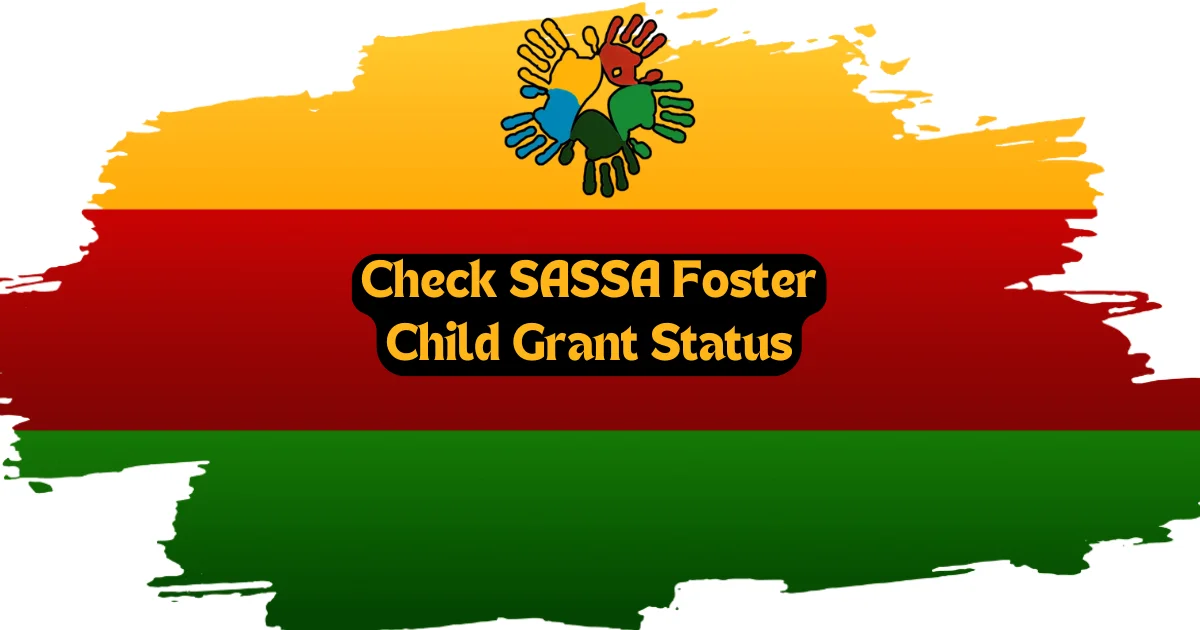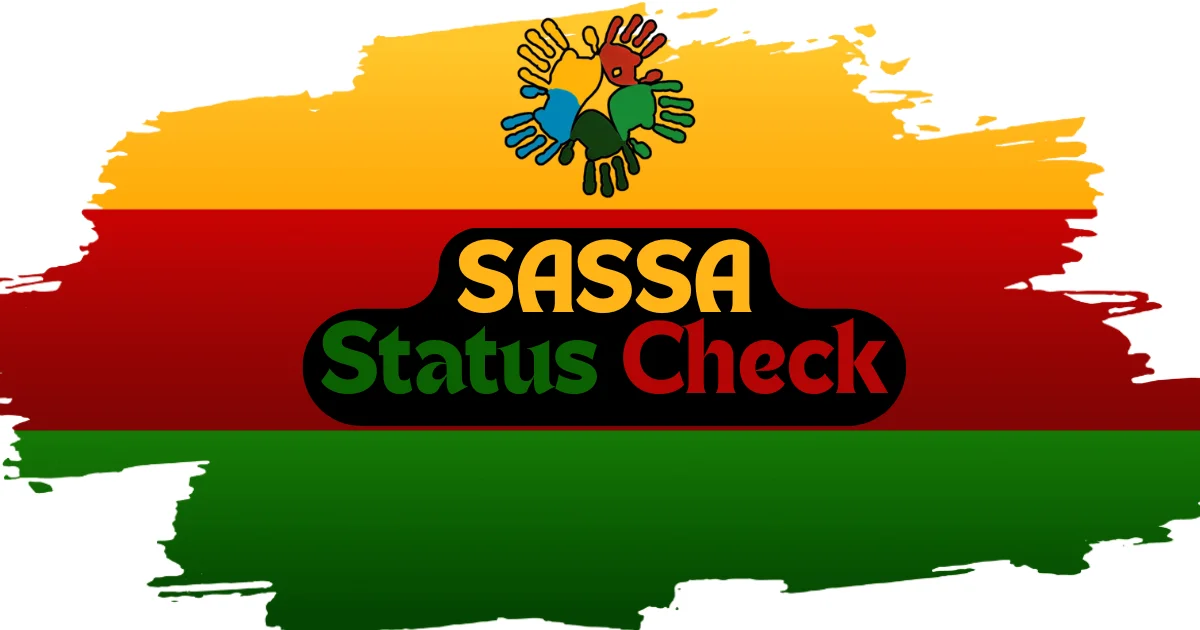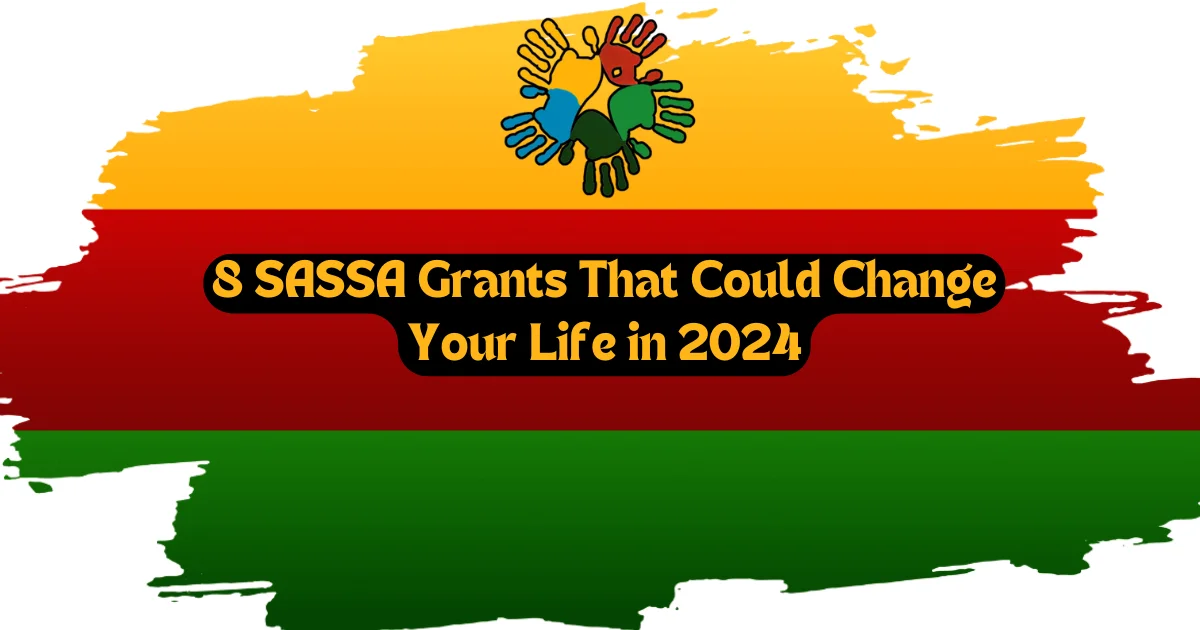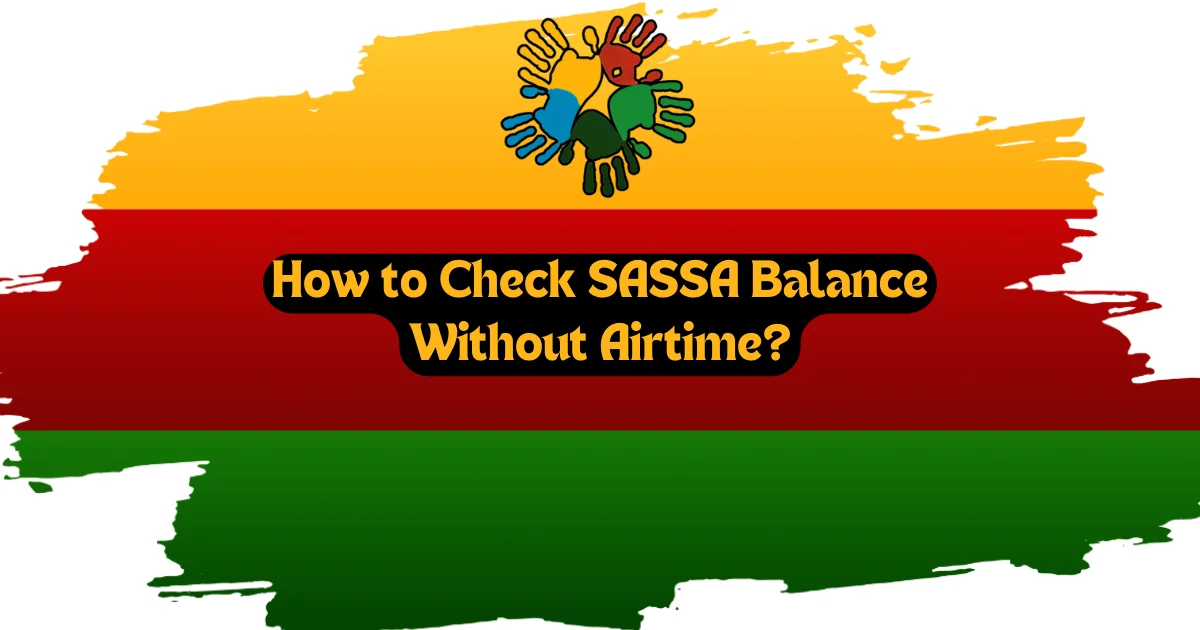The SASSA Foster Child Grant helps South African children in foster care. This financial support makes sure foster parents can give kids what they need. The grant follows the Child Care Act rules. Court-appointed caregivers can now check their grant status online. It’s quick and easy to see if your monthly payments are coming
How to Check SASSA Foster Child Grant Status?
Checking the SASSA status of your foster child grant is now effortless. Follow these straightforward steps for a seamless experience:
[sassa_status]
To check the status of your SASSA Foster Child Grant online, follow these steps:
- Visit the official SASSA status check website.
- Enter your 13-digit ID number in the required field.
- Input the cell phone number used during your application.
- Select the “Check Status” button.
- View your grant status on the screen.
Use only the official SASSA website to protect your personal information.
Important Note: If your foster child has a disability, foster parents can also apply for a care-dependency grant.

What Is the SASSA Foster Child Grant?
The SASSA Foster Child Grant provides financial assistance to caregivers legally appointed by the court to foster a child. This support aims to ensure children who are orphaned, abandoned, or at risk can grow up in a safe and nurturing environment.
Eligibility Criteria for the Grant
To qualify for the grant, applicants must meet the following requirements:
- Be a South African citizen, permanent resident, or refugee.
- Reside in South Africa with the foster child.
- Provide a court order that legally places the child in your care.
- Care for a foster child under 18 years old.
How Much Does the SASSA Foster Child Grant Pay?
As of October 2024, the grant provides R1,180 per month for each foster child. This amount may increase periodically, so check the official SASSA website for updates.
Steps to Apply for the Foster Child Grant
1. Visit a SASSA Office
Start by visiting the nearest SASSA office.
2. Bring Necessary Documents
You’ll need the following:
- Your ID document (or proof of applying for one).
- The foster child’s birth certificate.
- A court order confirming the child is legally in your care.
- Proof of marital status (if applicable).
- The child’s school certificate (if they are of school-going age).
- The child’s clinic card (if available).
3. Complete the Application
Fill out the grant application form with assistance from a SASSA official if necessary.
4. Submit Your Application
Once completed, submit the form and documents. Keep the receipt provided as proof of your application.
What If You Lack Some Documents?
If you don’t have all the required documents, SASSA offers alternatives:
- Provide a sworn affidavit explaining your situation.
- Get a letter from a trusted person, such as a teacher, social worker, or religious leader.
- Submit fingerprints and proof of applying for missing documents at Home Affairs.
How Are Payments Made?
You can choose one of these payment methods:
- Cash at an approved pay point.
- Bank transfer to your account.
- Payment to an institution managing the grant.
If you cannot collect your payment, you can authorize someone else to do it for you.
Keeping Your Foster Child Grant Active
SASSA reviews foster child grants every two years. You’ll receive a notification three months before the review date. If you collect the grant through a bank or an authorized person, you’ll need to complete a life certificate annually at a SASSA office.
When Could the Grant End?
The grant may stop if:
- The child or caregiver passes away.
- The foster child turns 18 years old.
- The child enters a state institution.
- The caregiver leaves South Africa.
- The grant isn’t collected for three consecutive months.
How to Check Your Foster Child Grant Balance Online?
Here’s how to stay updated on your grant balance:
- USSD Code: Dial *120*3210# or *120*69277# on your phone.
- ATM: Use any ATM to check your balance (fees may apply).
- WhatsApp: Send a message to 082 046 8553.
- Call Center: Dial 0800 601 011 for free assistance.
Regularly checking your balance helps you manage your finances effectively.
What to Do If Your Application Is Denied?
If your application is rejected, you have the right to appeal.
- SASSA will provide a written explanation for the rejection.
- File an appeal to the Minister of Social Development within 90 days.
- Include additional documents or information supporting your case.
Key Tips for Grant Applicants
- Keep all SASSA-related documents in a safe place.
- Notify SASSA of any changes in your circumstances.
- Regularly check the official website for updates on grant rules or payments.
- Ask for help if you’re unsure about any part of the process.
Conclusion
The SASSA Foster Child Grant is a vital lifeline for foster caregivers, ensuring that vulnerable children receive the care and stability they deserve. By understanding the application and review processes, you can confidently manage this important financial support. Whether you’re a new applicant or an experienced caregiver, staying informed is the key to providing the best care for your foster child.
Fostering a child is a significant responsibility, but with grants like this, you’re never alone in your journey to make a difference.


![The Complete Guide to SASSA Social Grants Types [2025] The Complete Guide to SASSA Social Grants Types [2025]](https://sassasrd370.co.za/wp-content/uploads/2023/09/The-Complete-Guide-to-SASSA-Social-Grants-Types-2025.webp)
![SASSA Payment Dates for 2024/2025 [Updated SASSA Payment Schedule] SASSA Payment Dates for 2024/2025](https://sassasrd370.co.za/wp-content/uploads/2024/11/SASSA-Payment-Dates-for-20242025-6.webp)


